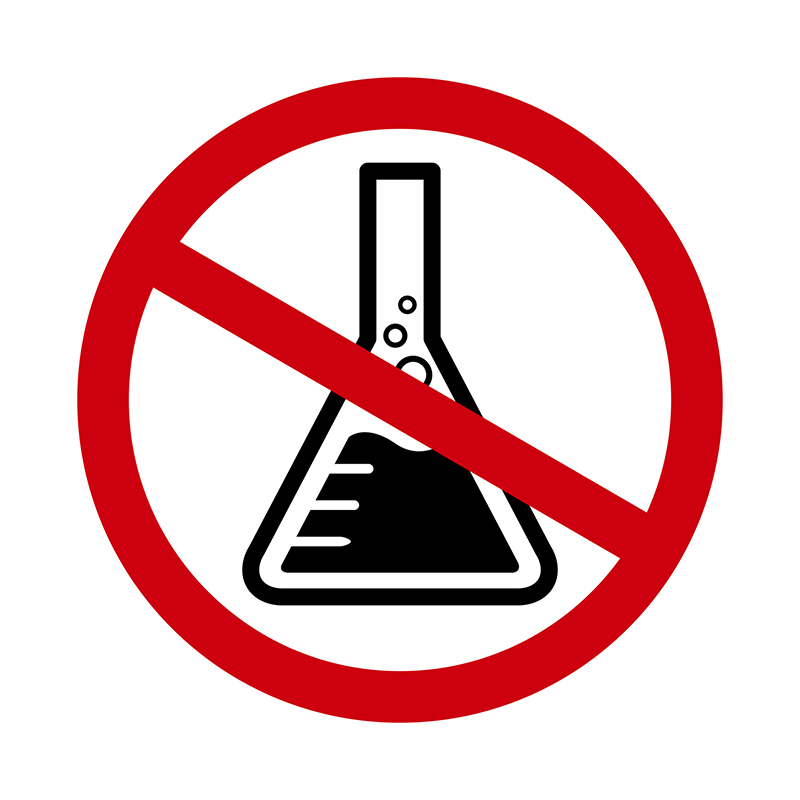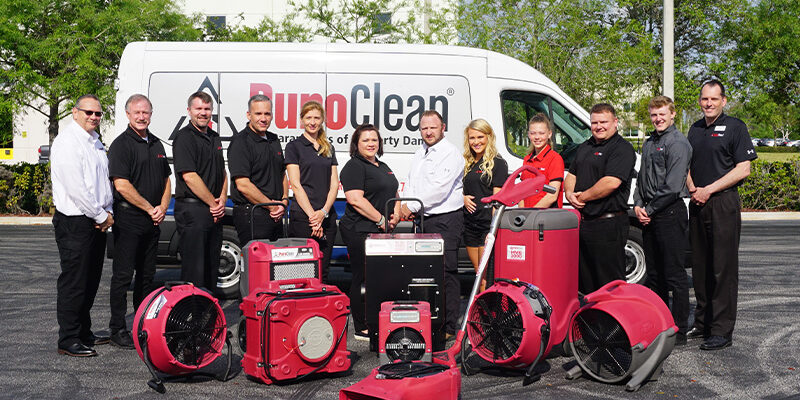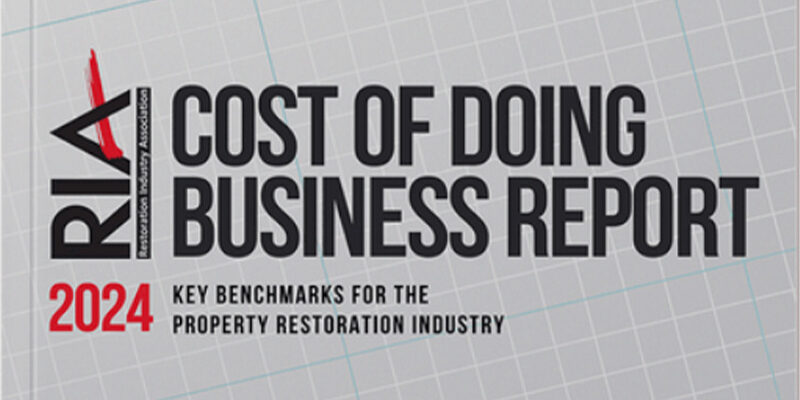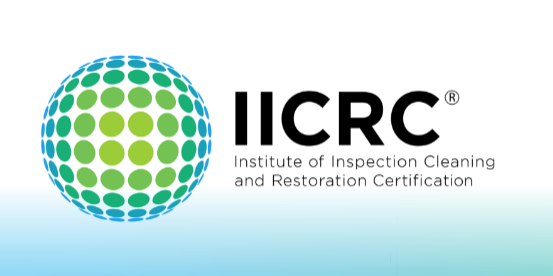Various States Considering PFAS Ban

As reported by The Washington Post, 195 new bills have been introduced into various state legislatures this year in an effort to make more products free of per- and polyfluoroalkyl substances (PFAS).
According to the U.S. Agency for Toxic Substances and Diseases (ATSDR), PFAS are man-made chemicals that have been widely used in industry and consumer products since the 1940s—including products that resist grease, water, and oil—and remain in the environment for a long time.
ATSDR reports that research involving humans suggests that high blood levels of certain PFAS might lead to a number of health concerns, including increased cholesterol levels, changes in liver enzymes, increased risk of kidney and testicular cancer, increased risk of high blood pressure in pregnant woman, and decreased vaccine response in children.
But, according to The Post, the American Chemistry Council contends that most PFAS—a group of more than 5,000 chemicals—do not pose a threat and believes banning or restricting all PFAS goes too far.
“We have strong concerns with overly broad state legislation that takes a one-size-fits-all approach to the regulation of these chemistries,” Robert Simon, American Chemistry Council vice president, told The Post. “Furthermore, a patchwork of conflicting state-based approaches could jeopardize access to important products.”
Since 2018, 24 states have voted to either ban or restrict the use of PFAS, The Post reports, with Minnesota being the latest to do so this May.
In 2022, Green Seal® decided to prohibit all PFAS, regardless of type, in any cleaning and personal care products certified by the organization. Read Green Seal Prohibits All PFAS in Cleaning and Personal Care Products to learn more about their decision.












